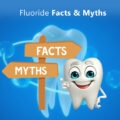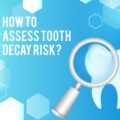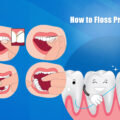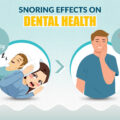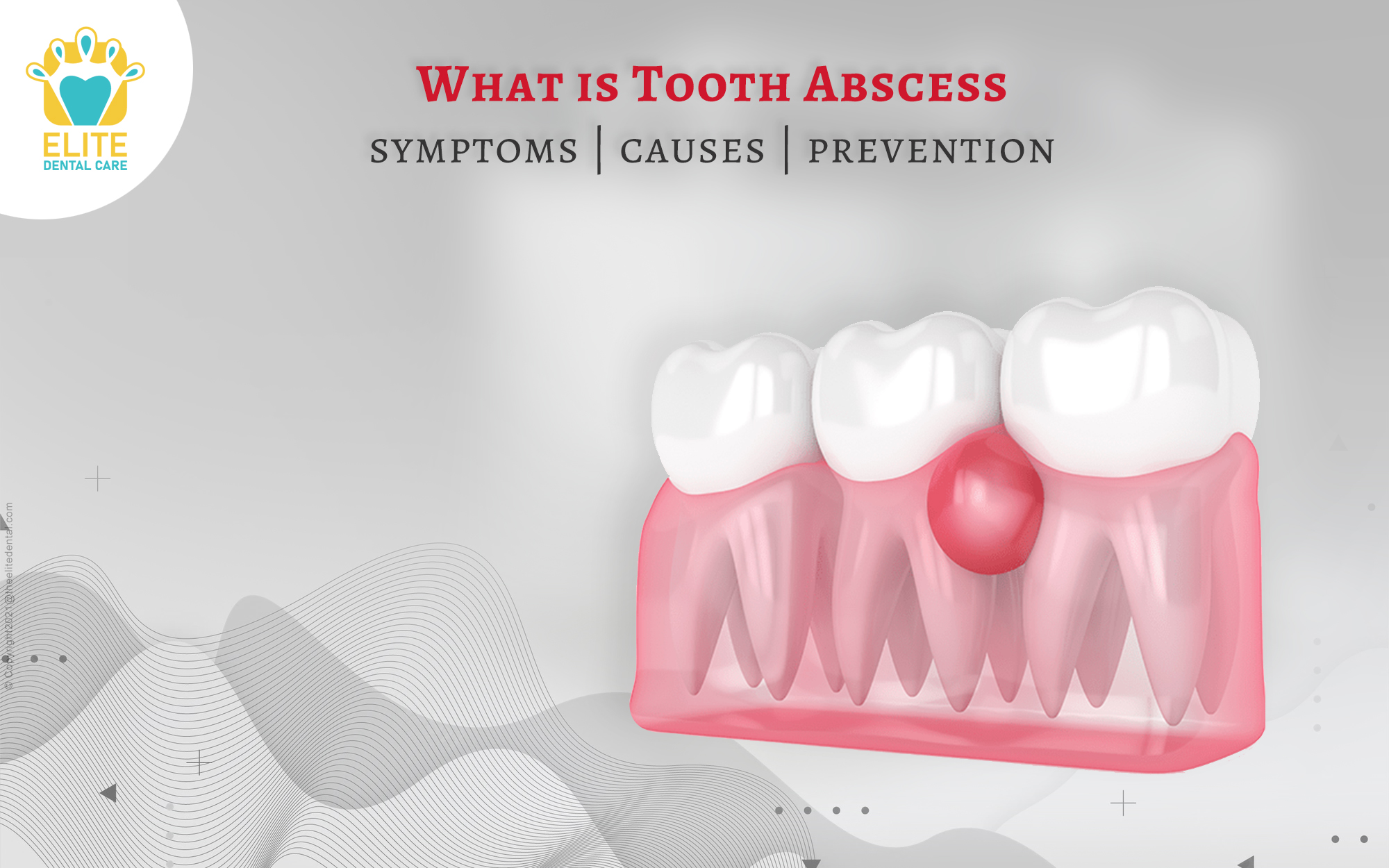
dental careflossinghygiene tipsTeeth WhiteningTooth ExtractionUncategorized
edental
20 July 2022
What are tooth abscess symptoms, causes, and prevention?
A dental abscess is a small pus in the alveolar bone near the tooth’s crown or tooth-supporting structure such as the gums. Both children and adults are susceptible to this bacterial illness. It hurts in some situations and doesn’t in others.
Dental abscesses can appear in both chronic and acute forms, and they are often classified according to where they occur:
- Periapical Abscess: This common form of dental abscess develops near the root apex in the alveolar bone.
- Gingival Abscess: This condition causes swelling and pain when an infection develops on the gum tissue around the teeth.
- Periodontal Abscess: This infection develops primarily when the gingival abscess is not treated and is located inside the deep gum pockets.
Dental abscesses usually only damage the tooth or structures supporting the tooth that is infected; nevertheless, suppuration (Pus formation) can commonly extend to the adjacent tissues, posing a severe risk of deadly consequences.
What signs indicate a tooth abscess?
Most people feel pain in the area around their teeth affected by the abscess, but it does not happen to everyone. If it happens to you, you will feel it in your tooth or surrounding area, mainly when you apply pressure to your tooth or chew. It may have spread to your jaw or other places along the affected side of your face.
You will probably notice that below mentioned symptoms:
- Whenever you bite or touch the afflicted area, you get discomfort.
- Food and drink intolerance to cold or hot temperatures.
- A bad taste on your tongue
- fever.
- An overall sensation of melancholy
- Trouble expanding my mouth.
- difficulty with swallowing
- Insomnia
- Discolor or loss of teeth
- Pain gets worse when you sleep at any time
- Facial redness and swelling
If an abscess ruptures, you will have virtually instantaneous pain relief. As the pus drains out, you could also have a sudden unpleasant taste in your mouth.
What is the treatment for abscesses?
Pain relief and eradication are the main goals of treatment for an abscessed tooth. Your dentist may recommend a dental X-ray based on your symptoms. Using this, they can determine whether the illness has migrated to other regions.
- A root canal therapy: As part of a root canal procedure, the abscess is drained and any diseased pulp is removed from the afflicted tooth. The pulp chamber and root canal will then be filled and sealed by your dentist. To further fortify it, they could cover your tooth with a crown. Usually, a crown is inserted at a later appointment.
- An abscess is drained by making a small cut in it. Afterwards, it’ll clean the area with saline.
- Tooth extraction: Before draining the abscess, your dentist could remove your tooth if it is too severely injured. Your dentist might extract the tooth if you can’t save it before draining the abscess.
- Antibiotics: If the infection has spread beyond the abscessed area or you have a weakened immune system, your dentist might prescribe oral antibiotics to help clear the infection.
- Removal of foreign objects: Your dentist will remove the unwanted item if it is the source of the abscess in your gums. As the last step, they will use a saline solution to clean the region.
Additionally, those with weakened immune systems are more vulnerable to infections. The risk of disease constantly rises with a weakened immune system, even if it may not directly cause a tooth abscess.
An over-the-counter anti-inflammatory medication, such as ibuprofen (Advil, Motrin), can be used to relieve discomfort if you are unable to visit your dentist soon. Warm salt water rinses for your mouth might also be beneficial.
Can an abscessed tooth be prevented?
Here are some simple steps to keep your teeth and gums healthy:
- Get regular cleanings and exams at the dentist.
- Use fluoride toothpaste to brush your teeth twice a day for two minutes.
- To eliminate plaque between your teeth and gums that isn’t easy to reach, floss daily.
- If you have a fractured or loose tooth, schedule an appointment with the dentist as soon as possible.
- Limit your intake of sugary meals and beverages. Cavities brought on by sweets and drinks might result in an abscess.
- Limit your between-meal snacking.
